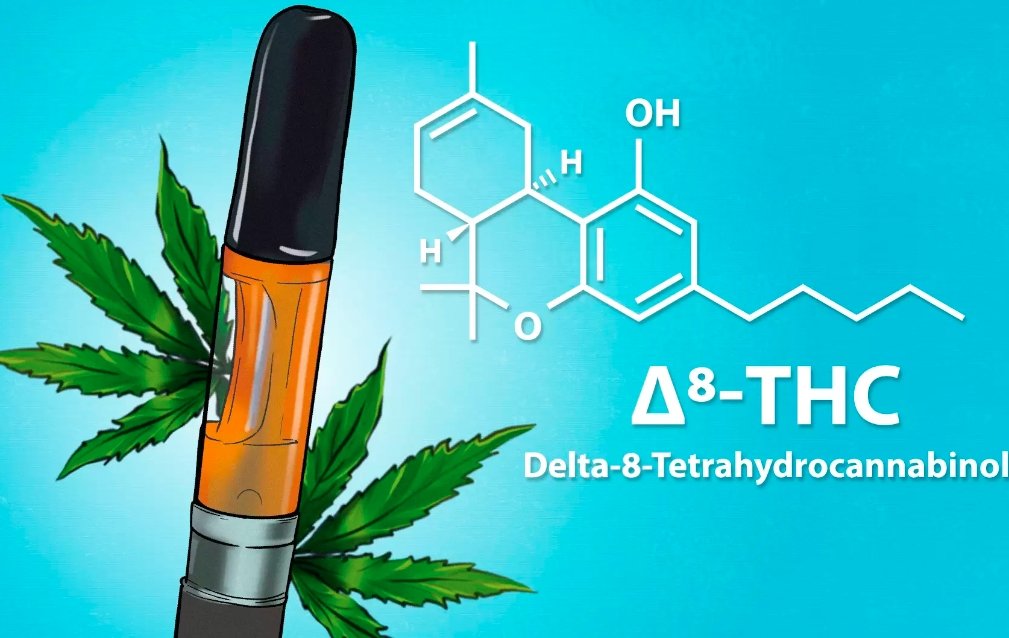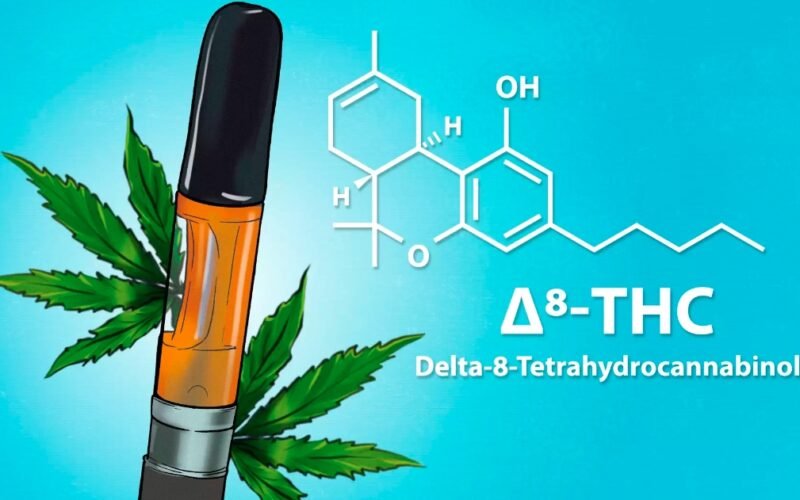In a landmark decision, Arizona’s Attorney General has declared that Delta-8 THC products, often found in convenience stores and smoke shops, can only be legally sold by licensed dispensaries. This ruling has significant implications for the state’s cannabis industry and raises questions about the future of hemp-derived products in Arizona.
The Legal Status of Delta-8 in Arizona
Delta-8 THC, a compound derived from hemp, has been at the center of a legal gray area. While the 2018 Farm Bill federally legalized hemp and its derivatives, the lack of clarity around Delta-8’s intoxicating properties has led to differing state regulations. In Arizona, the Attorney General’s recent opinion categorizes Delta-8 as a narcotic cannabis, aligning its legal status with that of Delta-9 THC, the primary psychoactive component in marijuana.
The opinion asserts that intoxicating hemp products cannot be sold outside of licensed dispensaries. This move aims to curb the unregulated sale of Delta-8, which has been available in various retail outlets across the state. The decision is expected to impact numerous businesses that have been selling these products without a dispensary license.

Enforcement and Industry Response
The enforcement of this new directive poses challenges for both the state and the businesses affected. Retailers found in violation of the law could face severe penalties, including felony charges. The Attorney General’s office has indicated that it will work with state agencies to ensure compliance and educate the public about the legal changes.
The cannabis industry has expressed concerns over the ruling, with some viewing it as a setback for the burgeoning hemp market. Others see it as an opportunity to ensure consumer safety and establish a more regulated market. The decision has sparked a debate on the balance between innovation and regulation in the cannabis sector.
Implications for Consumers and the Market
For consumers, the ruling may limit access to Delta-8 products, pushing them to seek these products through licensed dispensaries. This could lead to increased demand within the regulated cannabis market and potentially higher prices due to the shift from an open retail market to a dispensary-only model.
The long-term implications for Arizona’s cannabis industry are yet to be fully understood. As the state navigates this new legal landscape, stakeholders are calling for clear guidelines and support to transition into compliance with the law.




